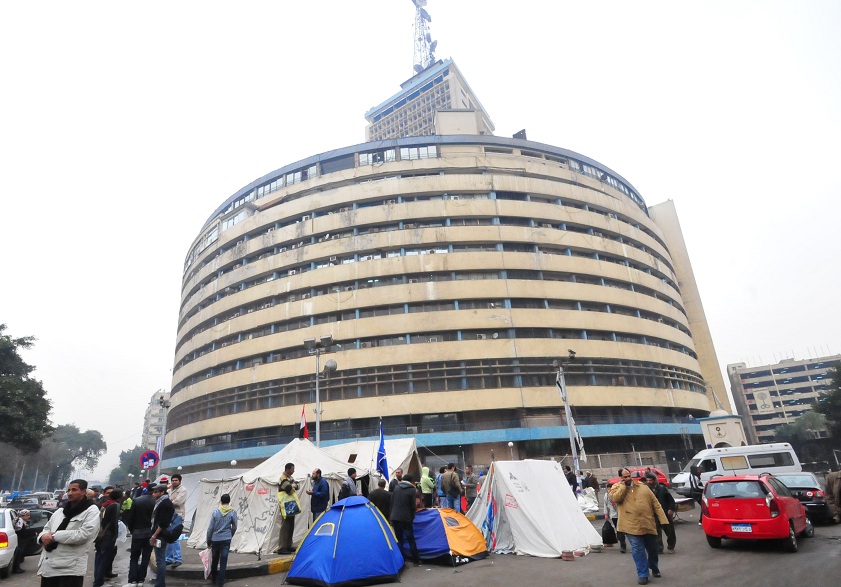The assassination of Ismail Haniyeh, head of the Hamas Political Bureau, in Tehran early Wednesday has not only shocked the Middle East but also highlighted significant failures within Iranian intelligence. This development threatens to further destabilise the region and jeopardise ongoing ceasefire negotiations between Israel and Hamas concerning the war in Gaza.
The attack occurred in the early hours of Wednesday, with Hamas immediately accusing Israel of orchestrating the assassination. Israel has not yet commented on the incident.
Abdolrasool Divsallar, a political scientist Non-Resident Scholar at Middle East Institute, and expert on Middle East regional security, provided insights into the significance of the assassination’s timing and location. Speaking to the Daily News Egypt, Divsallar highlighted several key points:
“First, Netanyahu is pushing Tehran to be the escalator and expand the war, which he needs politically more than at any other time. This tactic works well for US politics and guarantees that Israel will keep having US and Western moral and material support.”
Divsallar added that the assassination would likely disrupt peace negotiations, postponing any potential ceasefire. “You often don’t kill the political leader you are at war with. Eventually, you need someone to negotiate with to end the war. What is happening now is an invitation for an extension of war.”
The operation also exposed weaknesses in Iranian intelligence, according to Divsallar. “The target data were so accurate that there is no doubt Iranians on the ground with high levels of information access were involved in the operation. It also reveals the level of Iranian intel vulnerability to Communications intelligence (COMINT) and Signals Intelligence (SIGINT).”
COMINT involves intercepting and analysing communications signals, while SIGINT collects intelligence from communication and information systems.
Divsallar noted that protecting Haniyeh was the responsibility of the Islamic Revolutionary Guard Corps (IRGC), indicating severe infiltrations within the organisation. “It once again underlined the vulnerability of Iranian top leadership to Israeli operations. Tehran has lost this round of intel war to Israel.”
This assassination marks another success for Israel in penetrating Iranian security. Israel has previously been linked to the assassinations of five Iranian nuclear scientists and several sabotage operations targeting Iran’s infrastructure, including its nuclear facilities.
Implications of Haniyeh’s Assassination
The assassination of Haniyeh has significant implications for Iran and its security apparatus. Divsallar believes that the assassination will not change the policies of Hamas or Iran. “Even more remarkable and influential killings, like General Soleimani’s, did not lead to a policy change or weaken the adversary’s capabilities.”
Following the assassination, Iran’s Supreme Leader Ayatollah Ali Khamenei issued a statement promising “harsh punishment” for Israel in response to Haniyeh’s death. Divsallar explained that Tehran is compelled to respond, as the attack breached Iranian sovereignty and carried major symbolic weight. “If the Islamic Republic aims to stabilise its new rules of engagement after April, it has few options but a proportionate response. The spiral of escalation has already started, and it is tough to control now.”
He added that Iran’s response might involve other groups within the axis of resistance. The IRGC’s statement implied a joint response strategy, noting that Israel had struck Iran, Hezbollah, and Hamas simultaneously, alongside reports of strikes against Hashd in Iraq.
“Provocation has occurred on all three fronts, justifying a collective axis of resistance response. As Iran gets ready to respond, the only way out is to work hard to make it more proportionate and in line with existing redlines. Besides, the US should pressure Israel to absorb the upcoming Iranian response and avoid the second response.”
Impact on Iran’s Security Apparatus
The assassination underscores a vulnerability in Iran’s security, as a high-profile figure was targeted and killed within its capital. This could lead to increased scrutiny and a possible overhaul of security measures in Tehran.
Given the strategic alliance between Iran and Hamas, Iran is likely to feel compelled to respond. This response could take various forms, including bolstering security, retaliation against perceived enemies, or increased support for allied groups.
Leadership Dynamics in Hamas
With Haniyeh’s death, there is a vacuum in Hamas leadership. Yehya Al-Sinwar and Zaher Jabarin remain in hiding, while Khaled Meshaal might step in as a public leader. The internal dynamics and succession plan within Hamas will be crucial in the coming period.
The assassination may escalate tensions in the region, particularly between Iran and Israel. Iran may increase its support for proxy groups and engage in indirect confrontations.
Iran’s top security body convening to decide on a strategy suggests that this assassination is not just a blow to Hamas but also a strategic challenge for Iran. Their response will likely be measured to balance between retaliation and maintaining regional stability.


